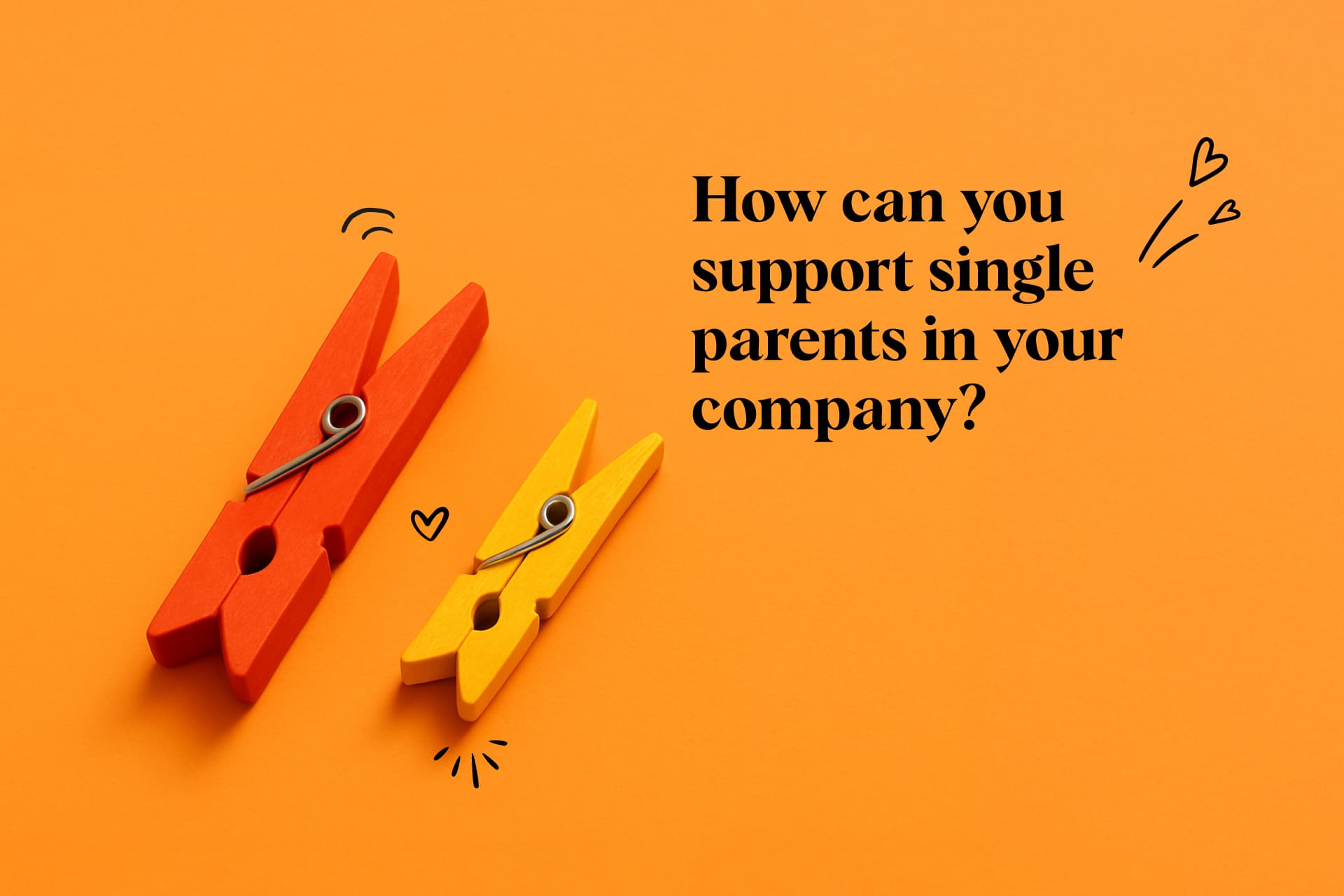Best ways to promote well-being and prevent burnout at work
According to Marjo Lehtinen, the occupational well-being manager and psychologist at MIELI Mental Health Finland, leadership is therefore of crucial importance for mental health.
Lehtinen spoke about the prevention of burnout and the promotion of mental health at work at Jobly's breakfast event in February.
In the last twenty years, mental health disorders have become the most significant reason for long-term sick leave. Therefore, promoting mental health should be important in all workplaces.
"These are serious issues. In Finland one in four employees is at risk of burnout," Lehtinen reports.
How to ensure we don’t break ourselves mentally at work?
According to Lehtinen, a lot has been done on a societal level, for example in the field of occupational safety. For instance, the conditions for factory workers were quite different in the 1920s compared to the 2020s.
"We no longer break ourselves physically, but how do we ensure that we do not break ourselves mentally?"
Solutions for better mental health can be found on societal, organizational, community, and individual levels.
"An eight-hour workday was achieved through legislation, but individuals still have their own responsibility. If somebody still works longer than they should regardless of everything, what can society do at that point?"
Everyone knows how to promote mental health
Work strengthens mental health when good daily practices, basic needs, and psychological safety are in order.
"Everyone already knows how to promote mental health. They are small, everyday things. The significance of work, sufficient feedback, adequate recovery. But the point is whether we really act in a way that promotes these things in everyday life. Everyone knows how to recycle, the question is do you?"
The work community is crucial for coping. That’s why building a sense of community should be considered in leadership. This includes regular weekly meetings, coffee breaks, and other common activities.
One of the basic needs is also the feeling of competence. That is, the opportunity for a person to do things they feel good at.
Also, autonomy at work and responsibility for one's own actions are important. In all professions, there is an opportunity for customization, although there are differences between blue collar and white collar jobs.
"When psychological basic needs are met, a person wants to do their best at work. This, in turn, leads to the organization's success," Lehtinen says.
Employee engagement as a goal
A good workplace has a psychologically safe atmosphere. Psychological safety means that the individual is seen and heard as they are. It's about how authentic an individual can be without being rejected by the group.
A safe work community enables learning, experimenting, and brainstorming. Then everyone can be themselves without the risk of becoming a laughingstock.
"The tone of speech and how the community responds to mistakes is essential. Do we look for someone to blame or what can we learn from the situation? Mistakes should be allowed."
A functioning work community enables individuals' success, which in turn improves the overall results of the organization.
Many industries experience a lot of employee engagement. It is a positive emotional and motivational state that includes vigor, dedication, and absorption.
"It is a proven factor that promotes work well-being, improves company results, reduces sick leaves, and increases customer satisfaction," Lehtinen says.
About Jobly
Jobly is Alma Career’s Finnish job board. Jobly inspires, encourages, and helps you to find and choose the most suitable career opportunities for yourself - easily.

Why Training Alone Won’t Keep Employees from Leaving

Transparency, Data, and People: What We Learned at the HR Time Gathering in Zagreb

News for the User Experience Community: UX Research Academy for Everyone – Completely Free













